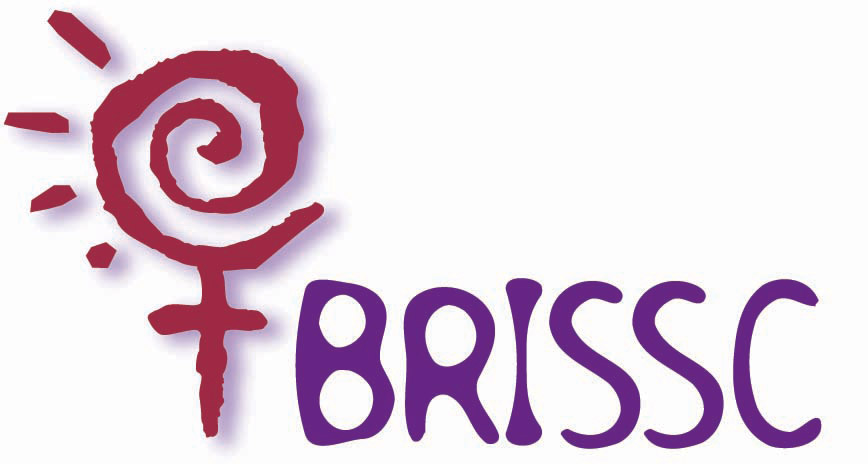Self-Harm
Survivors of sexual violence often use a range of behaviours or activities to help them survive through a particular period. Some of these coping mechanisms can be very challenging and confronting for their supporters – for instance, self-harm, eating issues, isolation, drug/alcohol use, and even suicide attempts.
Despite the overwhelming evidence that self-harm is a significant issue in our society, it is difficult for most people to understand how anyone could deliberately inflict harm on themselves. The fact that most women who use self-harm as a coping tool choose to conceal their behaviour from family and friends only adds to the complexities of responding to this complex problem.
Self harm is not the same as attempted suicide, though one may experience feeling suicidal at times of wanting to self-harm and may be at risk of suicide. Self harm is intentional harm to ones own body, emotions or feelings. Self harm can provide a sense of immediate relief to unwanted thoughts and feelings. BRISSC considers self-harm to be a coping strategy for dealing with trauma and injustice.
If you’d like to know more about self-harm or supporting a survivor of violence who has disclosed self harm please contact us.
